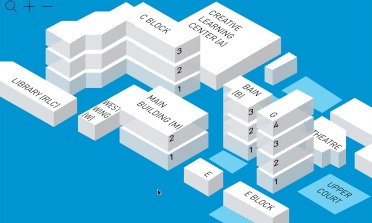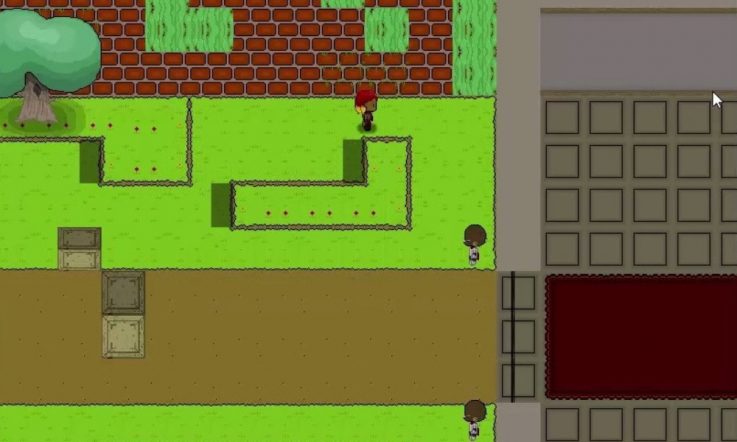What is the link between a project to design a national park using Minecraft, a program for finding rooms on a school campus, and a game teaching children about diversity and tolerance? All three were winners at the 2016 National iAwards in the school student category.
There has never been a better time to think about STEM education in schools. There has been much discussion in the media, and the new Digital Technologies curriculum is being mandated in parts of Australia. The curriculum lays out topics for learning. However, to achieve strong and broad engagement there needs to be an outlet for students who excel and want to be challenged. This is where competitions and awards can play an important role.
The benefits for students
The value is threefold: as an outlet for students with a promising idea; as a way to build a network by interacting with IT professionals; and as an experience for students to communicate their ideas to a new audience, an important life skill. That being said, encouraging students to make a submission is also a useful exercise in communication – practising talking about one's achievements is another life skill that can give an advantage in securing future employment. Award competitions can also motivate students to take their work more seriously.
The iAwards is a major award program in the IT industry that explicitly encourages students, both at school and university. Run by the Australian Information Industry Association (AIIA) – the Australian Computer Society has also been involved – the program has evolved over the past 25 years as a way of celebrating achievement within the IT industry and encouraging innovation. The key goal is to discover, recognise and reward the technology innovations that have the potential to, or are already having a positive impact on the community – at home, in the office and on a global scale.
It is natural that they reach out to students and not just companies; students are the innovators of the future. There are two categories for the most outstanding ICT project undertaken by school students or groups of students – the senior award is for those in the last three years of secondary education, while the junior award is for those studying in and up to Year 9.
Previous winners
As a judge for the student category of iAwards for the past three years, I have been impressed with both the quality of the student projects that have been presented and the positive experience the entrants have – especially those that have the opportunity to make a presentation to the judging panel in August to determine the national winner. Indeed, the project and teamwork exhibited by the school students exceeds many of the skills shown in university team projects with which I have been involved.
It was striking to observe the diversity of the finalists, both with respect to gender and nationality. This is in sharp contrast to the IT industry in Australia.
The 2016 senior winner was Imogen Low, from Brisbane Girls Grammar School. She was impressive in both her technical skill in constructing an interactive map of buildings in a school to help you locate them in a computationally efficient manner, and her presentation skill in engaging the judges with a clear and captivating presentation. The 2016 junior prize went to the Grade 3 class from Linden Park Primary school in Adelaide. Students designed a park for leafy sea dragons in Minecraft. The project was done in a most professional manner, and it was inspiring what the Grade 3 students could accomplish and how they worked effectively as a team. It was also an experience that was enormously empowering for the students.
Going back to 2015, the senior winners were Josh Caratelli and Liam McLachlan. Josh and Liam were also winners of the 2014 ACER STEM Video Game Challenge for Smog Game. They have commercialised their game, and are an inspiration to students who want to participate in competitions.
How to get your students involved
Applications for the 2017 iAwards, covering projects done in 2016, are open now. To find out more, visit www.iawards.com.au.
The Australian STEM Video Game Challenge will be running again in 2017. Head to www.stemgames.org.au to find out how to join the mailing list to receive the latest news and sign up for an information pack.
Do you give your students the opportunity to submit their work to external competitions and awards?
Professor Leon Sterling says practising talking about one’s achievements can give an advantage in securing future employment. Do you build time for student reflection and discussion with peers and a wider audience into your unit plans?



